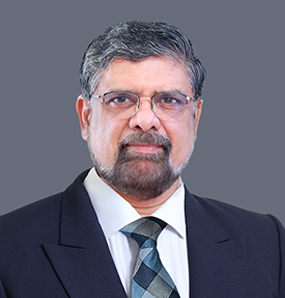Overview
The Poison Control Centre of Amrita Hospital, Cochin, Kerala was established in 2003. It has a Poison Information Unit that answers queries on poisons/poisoning/envenomation/drug overdose/substance abuse from doctors or hospitals across India, and is even open to the general public. All queries are answered utilizing international databases such as TOXBASE free of cost. The Unit functions 24x7 and is located in the Emergency Medicine Department of the main hospital (Amrita Hospital). The Poison Control Centre also has an Analytical Toxicology Laboratory that analyses mainly body fluid samples from victims of poisoning/overdose admitted in any hospital across India, as well as commercial products for contamination or adulteration, including medicinal products. While the focus is on clinical cases of poisoning to help doctors treat victims, purely forensic samples are also accepted in special circumstances.
Mission and Objectives
- The Poison Control Centre (PCC) comprising a Poison Information Unit and an Analytical Toxicology Laboratory is a unique facility that offers exhaustive, latest information on poisons/poisoning, as well as analysis of biological fluid samples of poisoned victims for the benefit of all hospitals, government doctors, and private practitioners of Kerala state and other regions in India.
- This is the first time that such a Centre has been started in a hospital in South India, and is listed in the World Health Organization’s Global Directory of Poisons Centres.
- It is one of the few Centres in India that is full-fledged with regard to information resource, analytical, and research facilities.
Facilities offered
Toxicological analysis of blood, urine, or stomach contents (vomitus, aspirate, or washing). Details of sample collection and submission plus the list of poisons/drugs which can be tested is available on request. Some of the common toxins tested include
- Pesticides
- Chemicals
- Alcohols
- Heavy Metals
- Pharmaceuticals & Drugs
- Plant Toxins
- Drugs of Abuse
- Food Poisons and Adulterants
The complete menu of toxicology tests can be accessed here:
- Samples accepted –
- Body fluids: blood, urine, stomach contents (aspirate, washing, vomitus).
- All cases are accepted, including medicolegal cases; however, viscera samples from purely forensic cases are generally not accepted.
- Commercial products (e.g., medicinal or food samples): for detecting presence of poisons or drugs
- Instant access to detailed information on poisons and poisoning through telephone, e-mail, postal mail, personal contact, etc. The department utilizes the following database on toxicology: TOXBASE (UK) which has information on hundreds of poisonous substances encountered world-wide. The Centre attempts to answer any query on poisons or poisoning in a matter of seconds via e-mail or phone or fax.
- Expert guidance on diagnosis and treatment of poisoning: Both healthcare providers and the public can contact Dr. V.V. Pillay, Chief of the Poison Control Centre, for any queries (free of charge) regarding: poisons, poisoning (acute and chronic), drug overdose, drug adverse effects, drug abuse, food poisoning, bites & stings.
- Future initiatives:
- The Centre is developing an indigenous toxicology database to cater to physicians and hospitals in India covering common chemicals, poisons, drugs and toxins encountered in this country, that can be accessed for better management of poisoning/overdose cases.
- The existing analytical toxicology laboratory will be expanded further to enable the analysis of a wider range of toxicants in living victims of poisoning, as well as serve as a referral centre for forensic cases.
- Efforts are also on to develop the Poison Control Centre as a training centre for doctors in the better management of poisoning cases, and for hospital laboratory personnel in the employment of analytical techniques in relation to toxicological cases.
Incharge
Gallery
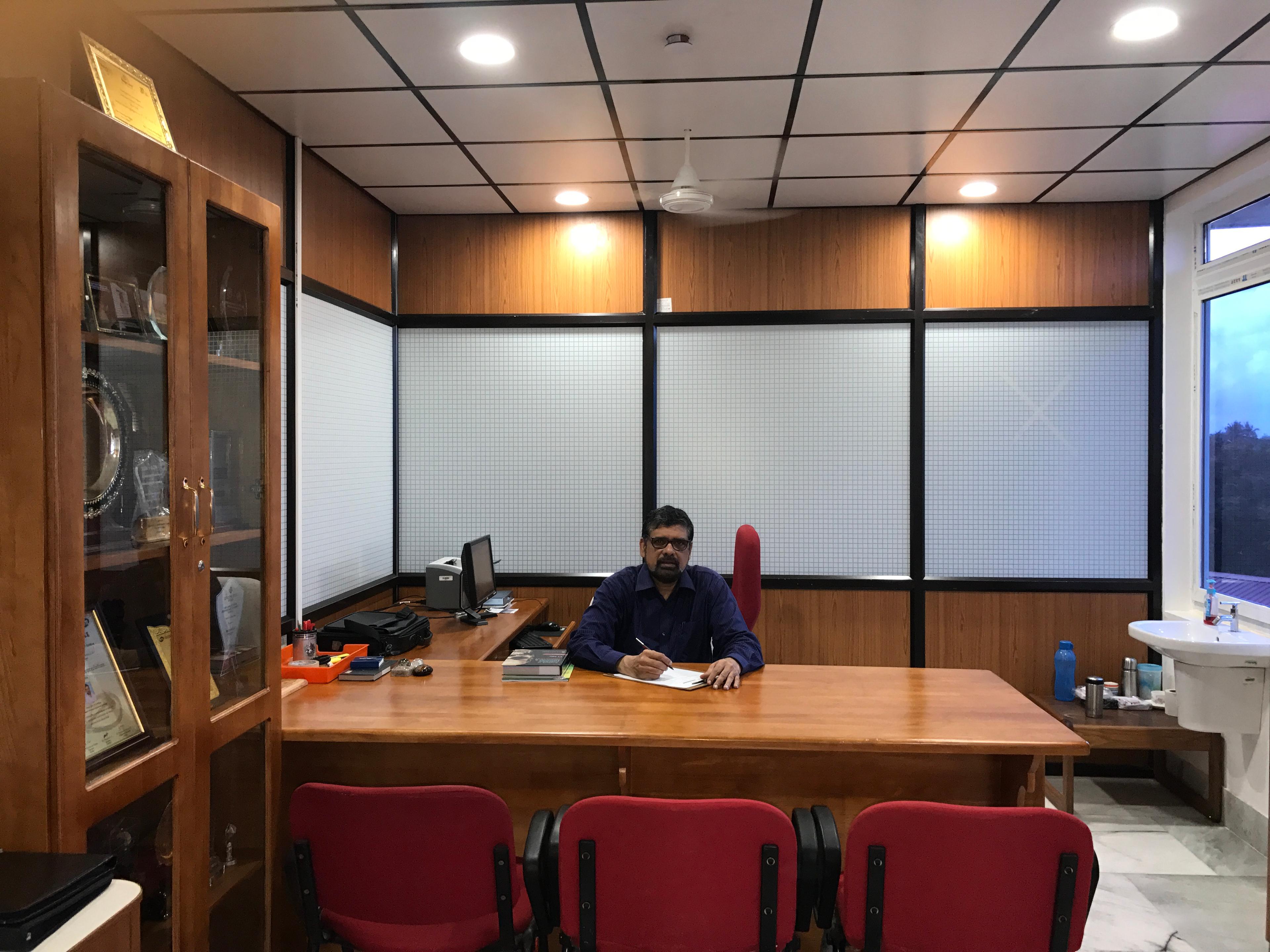
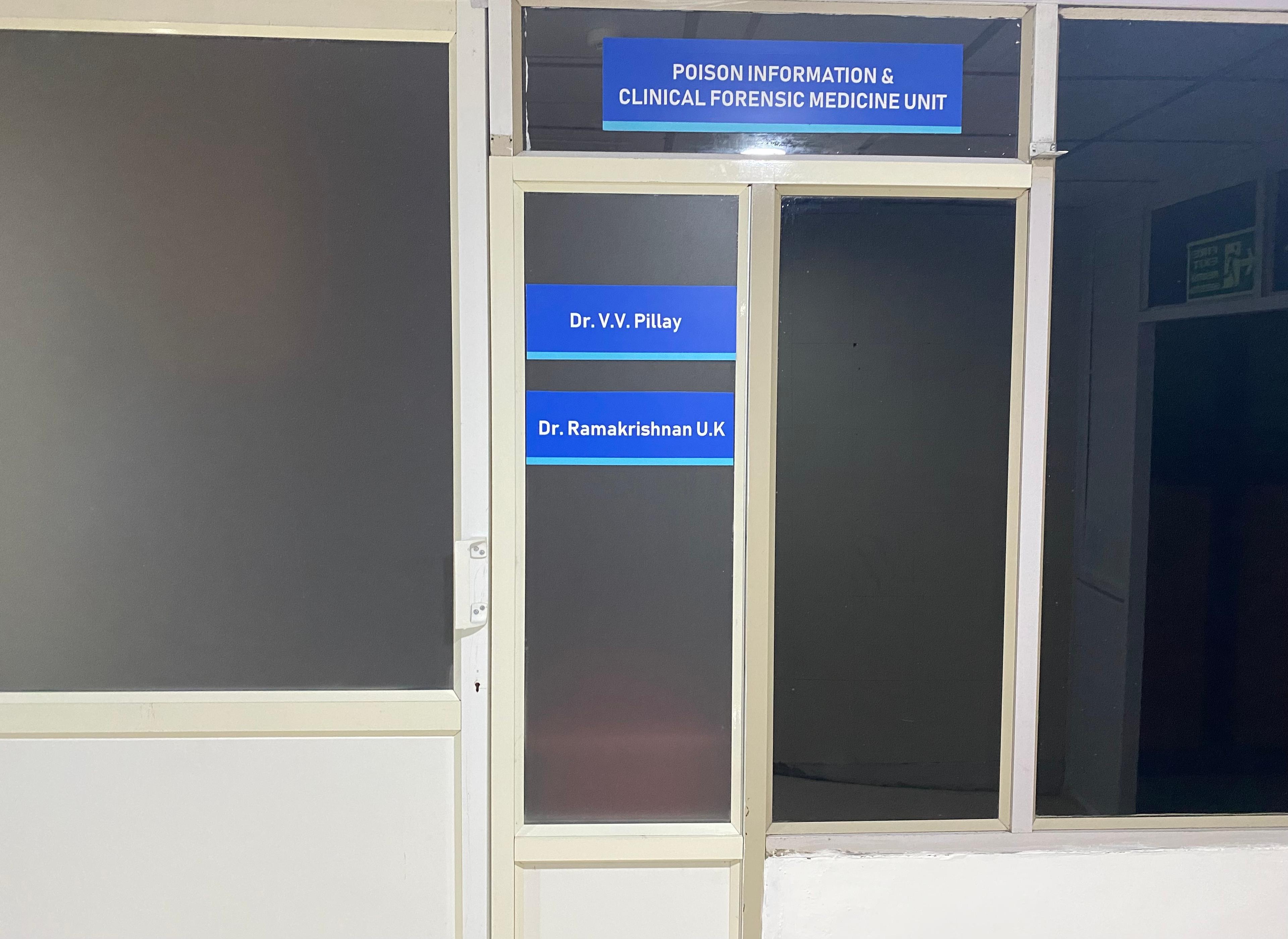
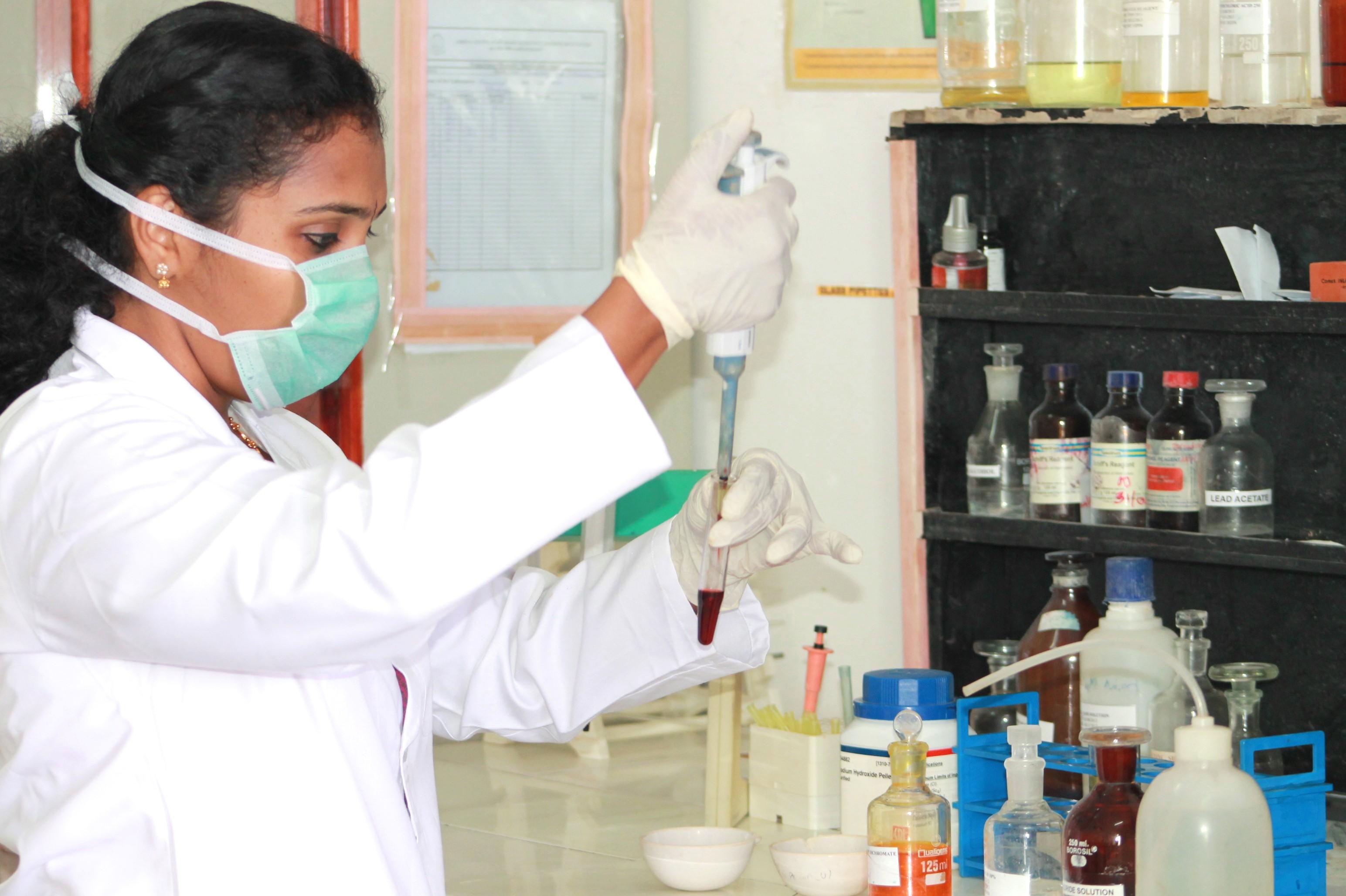
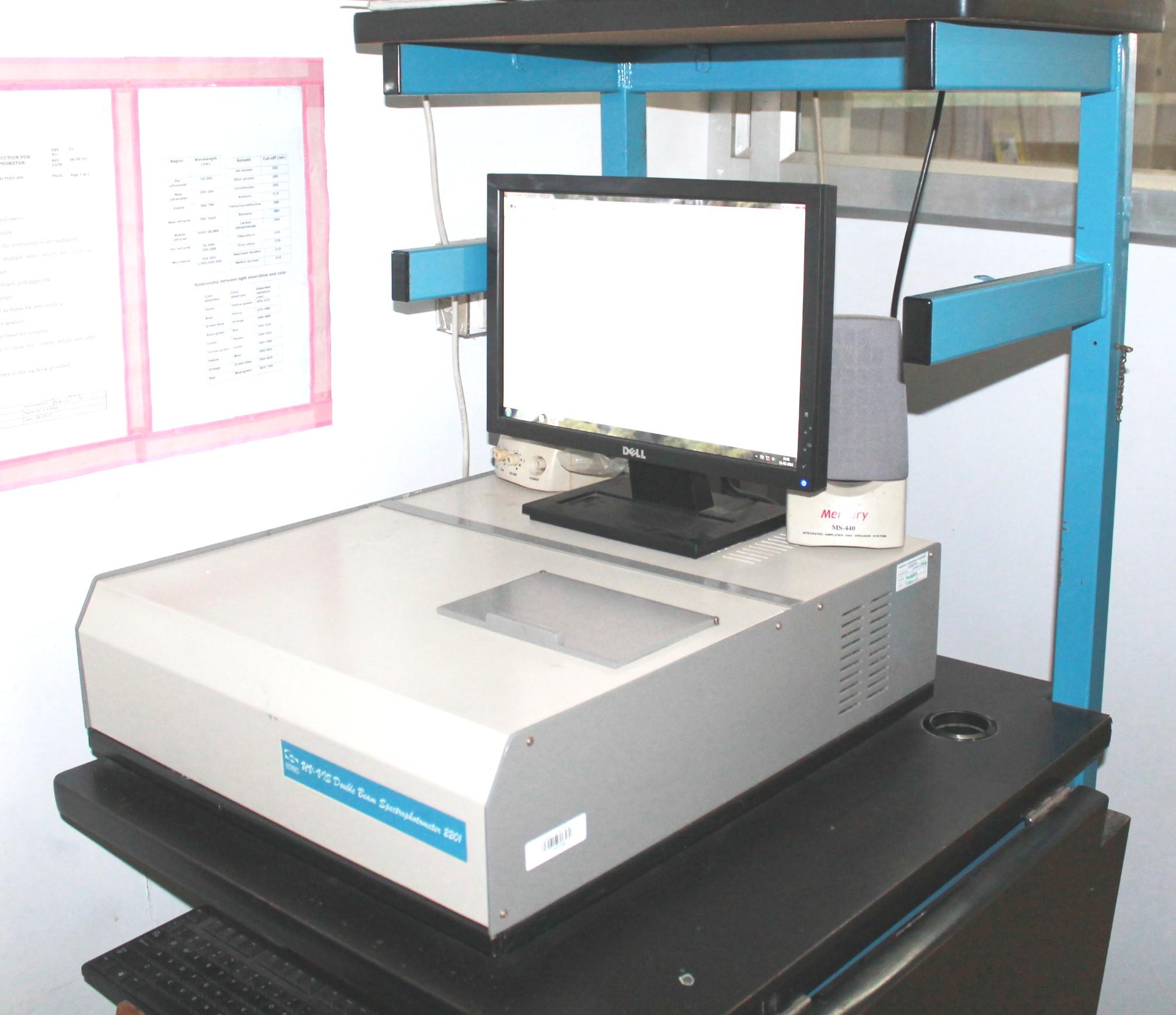
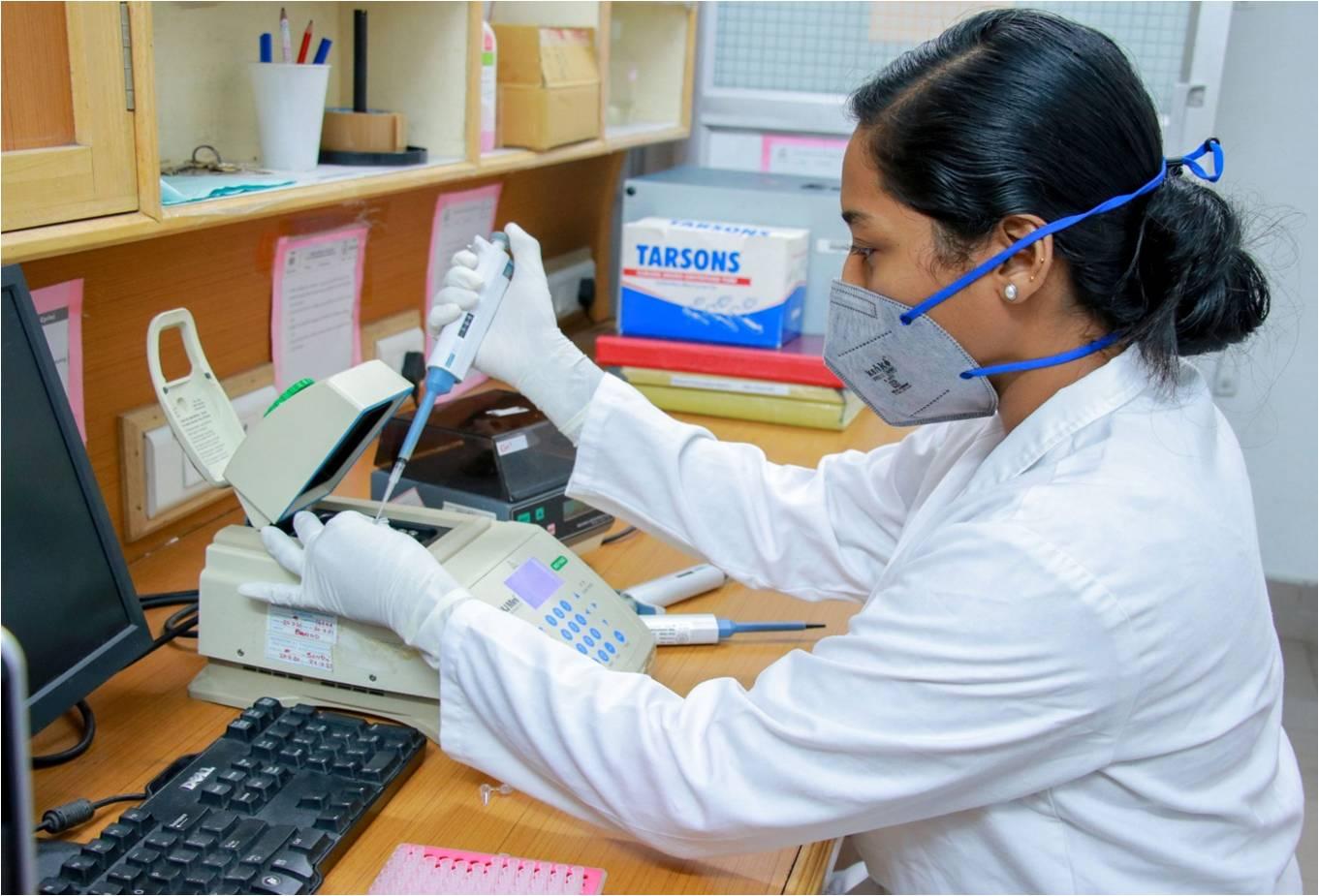
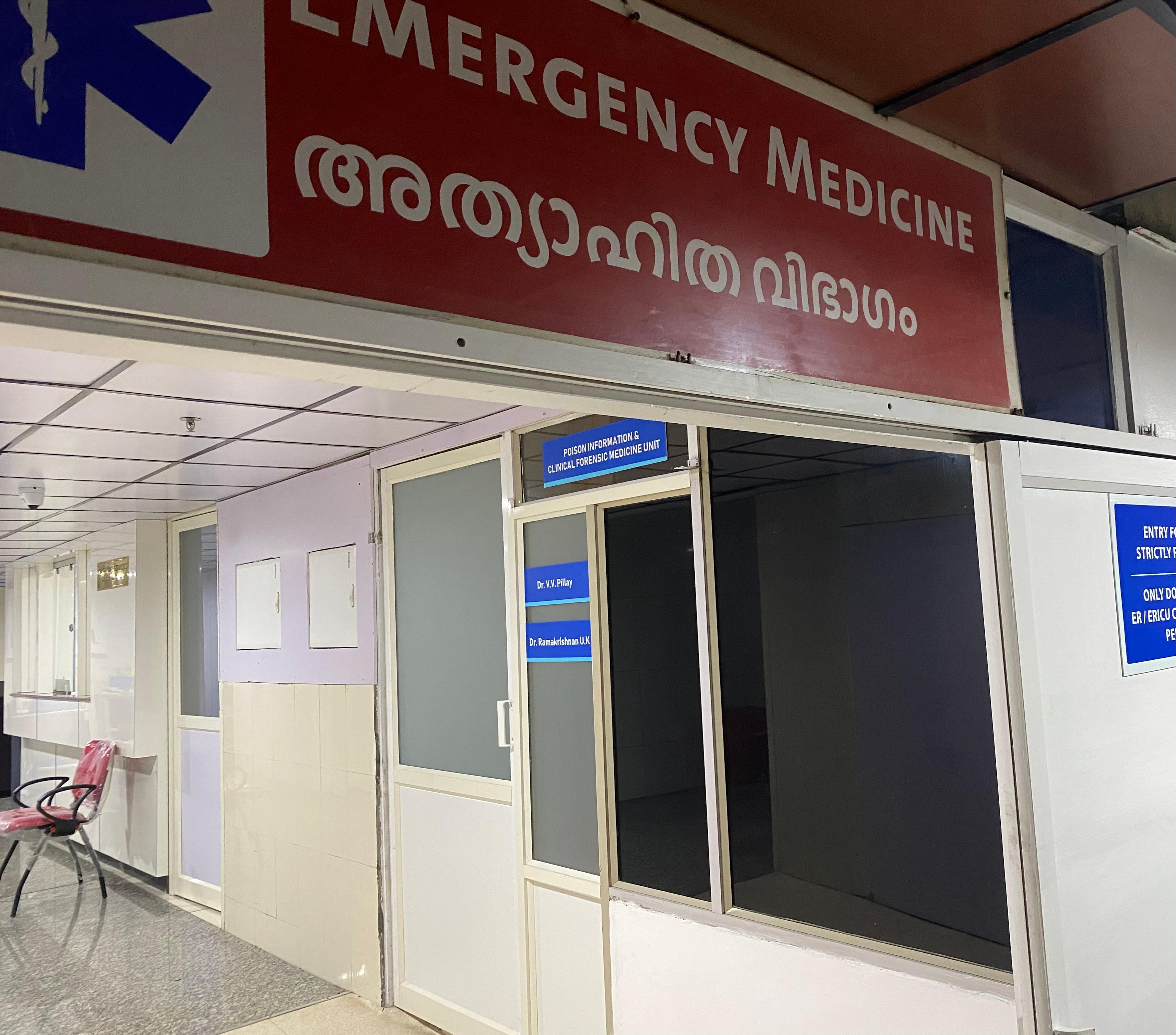
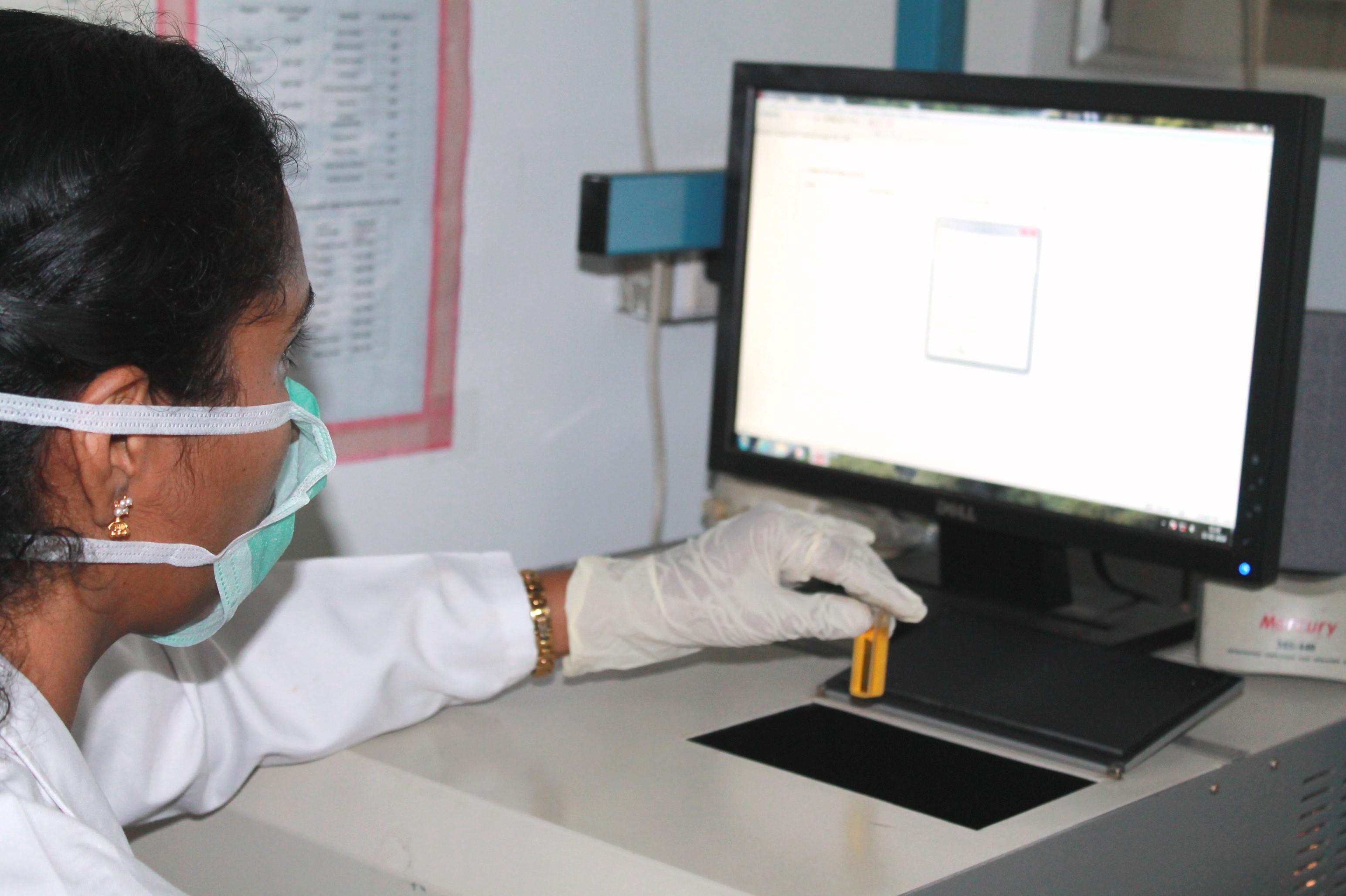
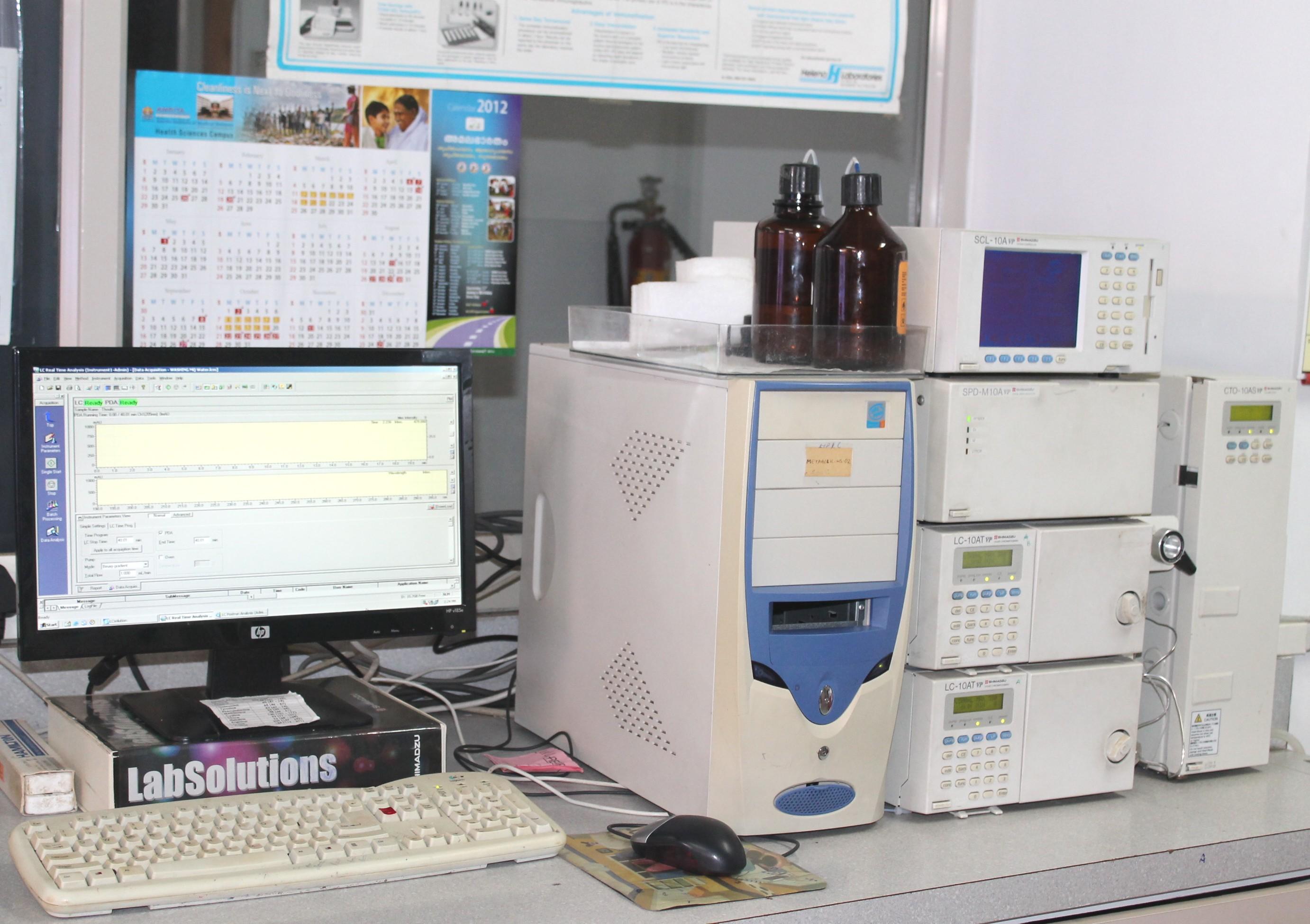
Contact Us
Chief: Dr. V. V. Pillay MD, DCL
Phones: +91-484-2858096
+91-484-2851234; +91-484 2858056
+917012469250; +919895282388
Email: [email protected]; [email protected]
